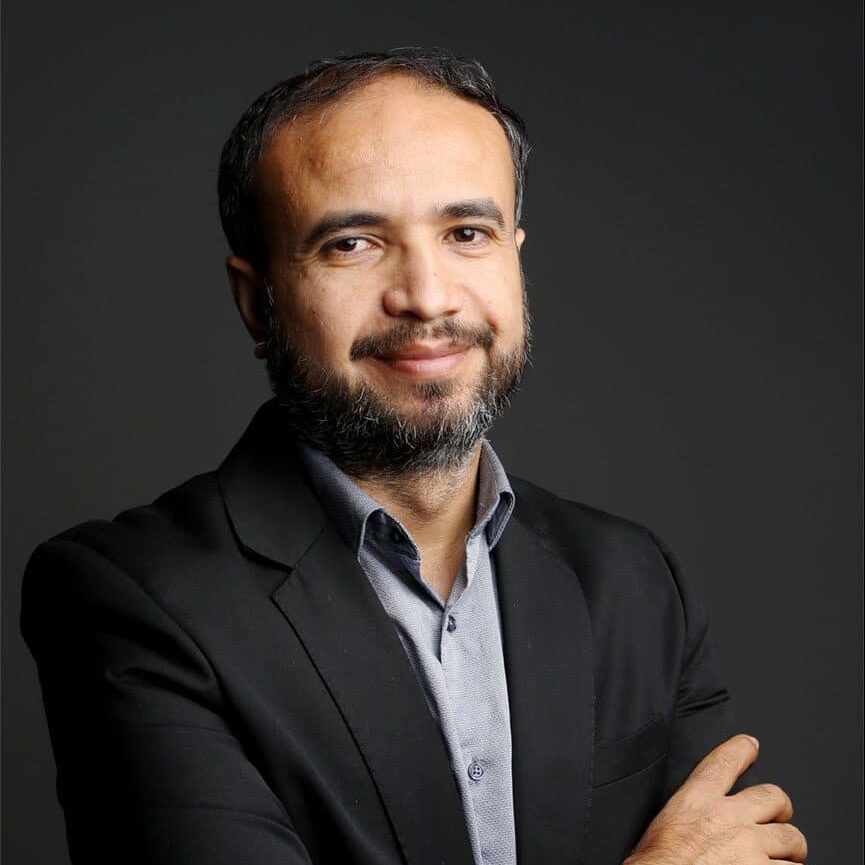- Research
- Series
-
YOU ARE
- Community member
- Future Student
- Student
- Professor
- Alumni
- Media
- Guidance counsellors
- INRS retiree
- Contact Us
- Newsroom
- Careers
- FR
-
Studies
We teach the next generation of researchers to develop scientific, social, and technological innovations.
-
Research
We find solutions through interdisciplinary research and industry or public and community partnerships.
-
INRS
We play an active role in Québec's economic, social, and cultural development.
INRS launches two institutional chairs to address climate and environmental challenges.

The Institut national de la recherche scientifique (INRS) has created two individual institutional research chairs, which will be headed by professors Bernard Giroux and Tarek Rouissi, both based at the Eau Terre Environnement Research Centre in Québec City.
Their objective? Develop cutting-edge environmental technologies to address the challenges posed by persistent contaminants and climate change.
INRS Chair in Geophysical Monitoring for Adaptation to Climate Change
With climate change, coastal flooding due to rising sea levels is becoming more frequent and shoreline erosion is increasing. This threatens freshwater supplies and the integrity of infrastructure located near coastlines.
With the INRS Chair in Geophysical Monitoring for Adaptation to Climate Change, Professor Bernard Giroux intends to improve geophysical analysis of coastal aquifers to better track saltwater intrusion. He also hopes to step up surveillance of eroding coastal cliffs by using seismic monitoring.

“It’s crucial to develop reliable methods to locate, anticipate, and control shoreline erosion. Geophysical methods play a key role in this but suffer from certain limitations.”
Bernard Giroux, Professor, INRS
The research program therefore works on developing powerful, innovative measuring instruments, while focusing on diversifying application cases in the field so as to showcase the work and thus foster partnerships with research end users.
The computer codes and the design of the hardware platform that will result from the Chair’s work will also be published in open access to promote their adoption in various fields of study and their use in other areas, such as landslide monitoring and mining.
INRS Chair in New Biotechnologies for PFAS Removal
Per- and polyfluoroalkyl substances (PFAS) are among the emerging contaminants of greatest concern for the environment. They are highly stable and persist in nature for a very long time. Used as stain-resistant, non-stick, and waterproofing agents and for their resistance to flames, these PFAS are found in many everyday products such as Teflon kitchen accessories, certain cosmetics and food packaging.

In Québec, studies conducted between 2016 and 2021 by the Ministère de l’Environnement et de la Lutte contre les changements climatiques detected these contaminants in the St. Lawrence River and in 10% of samples taken from water treatment systems. In 2023, they were detected in virtually all tap water samples from 376 municipalities across the province.
Led by Professor Tarek Rouissi, the INRS Chair in New Biotechnologies for PFAS Removal therefore focuses on this problem of surface water contamination. The goal is to develop new approaches based on biotechnology to degrade these pollutants.
“Canada, and Québec in particular, is home to one of the largest reserves of freshwater in the world. Protecting this vital resource is therefore both a priority and a major responsibility for the scientific community.”
Tarek Rouissi, Professor, INRS
These two chairs support master’s students by giving them the opportunity to work in a stimulating and inclusive environment, alongside leading specialists in the fields of geophysics and environmental biotechnology, and thus develop the skills needed to meet the challenges of tomorrow.
You may also like


September 8, 2025
Energy transition: A new research platform drives INRS and its partnersShare

